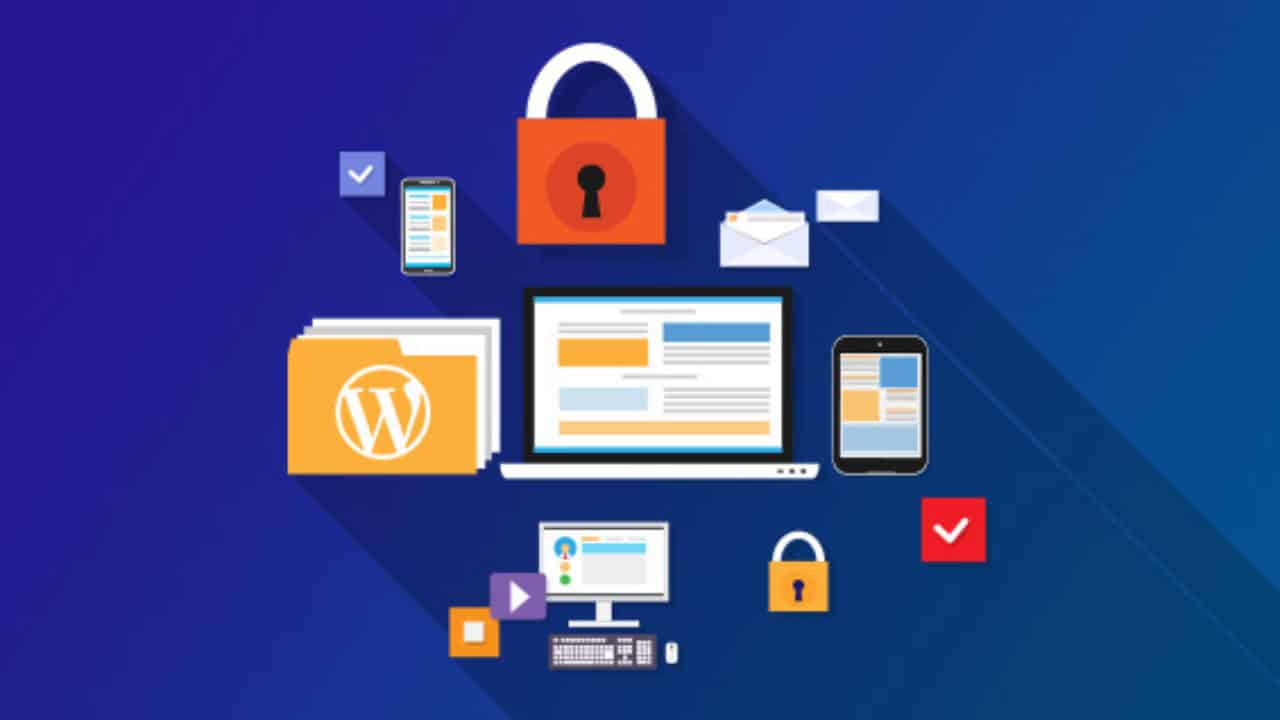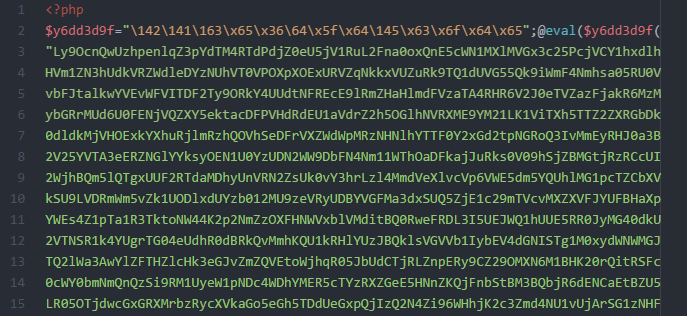Gurmehub Campaigns Review Now!
POS Integrator PRO Now On Sale! Buy Now
TravelerWP Integration Now at POS Integrator Try Now

The problem with hackers attacking websites is constantly growing.
Many of these are targeted by hackers. We monitor the sites we protect on a daily basis and see the number of attacks increasing every week.
The reason why hackers hack websites is still a mystery to many people. In this article, you will learn why hackers hack websites.

If you're a web developer, agency or freelancer responsible for websites, you've probably seen this problem. If you are a website owner or a novice in the field, a hacked site can be a big surprise.
This article will help you understand why hackers attack websites, what they do on a hacked website and what to do if your site is hacked.
You probably think you don't keep any secrets on your site, you don't even collect credit card details, but you've still been hacked. Why?
Or you have a small one-page document with just a little text and a contact form and somehow you get on the hackers' radar.
How is it possible, you ask?
In most cases, it's not specifically you or your site. It's also not your job behind the site. Hackers target the software you use.
When they succeed, they can make money. And the latest data shows that around 50,000 sites are hacked every day. It can mean a lot of money for hackers.
Even a small website can generate a significant amount of money. Cybercriminals and web hackers can monetize your compromised website by distributing malware, SEO spam and even setting up email spam servers and phishing sites.
Money is obviously the most common motivation behind attacks.
If you dig deeper, you'll find that there are actions that hackers take to make money. One of them is SEO spamming.
What is SEO spam?
SEO spam is a type of spam. Basically, it is the act of adding backlinks and spam to legitimate sites. It is one of the most profitable and popular types of website attacks.

Once the website is compromised, a malicious backdoor will be installed on the website, which will allow the attacker to invisibly redirect your visitors to scam sites at will.
In addition to making money for the hacker, your website will be recognized by search engines SEOthat will ruin your life.The fraud has been traced to organized crime syndicates operating in a growing market estimated at $431 billion. Its scale and the danger that counterfeit drugs pose to public health have been highlighted by, among others, the FDA, Interpol's mobilization back into action. "
Malware is the worst case scenario.
What is the difference between malware and ransomware?
Malware is malware is malware and is code designed to corrupt, disable or take control of your system. It is usually hidden so that scanners cannot find it.
Ransomware is a specific type of malware . When a victim's data is encrypted and can only be decrypted with a key known only to the attacker. So the attacker will hold your data and ask you for a ransom so that you can get your data back.
"Just by visiting an unsecured website, it is possible that your operating system, browser, plugins and applications could be exposed to exploits that look for vulnerabilities. "
- Sophoslabs

First of all Updates . Always make sure to update your WordPress Site to the latest version if any of the new vulnerabilities appear. If you know you don't have time to check for new vulnerabilities every day, automatic updates for vulnerable plugins you can activate .